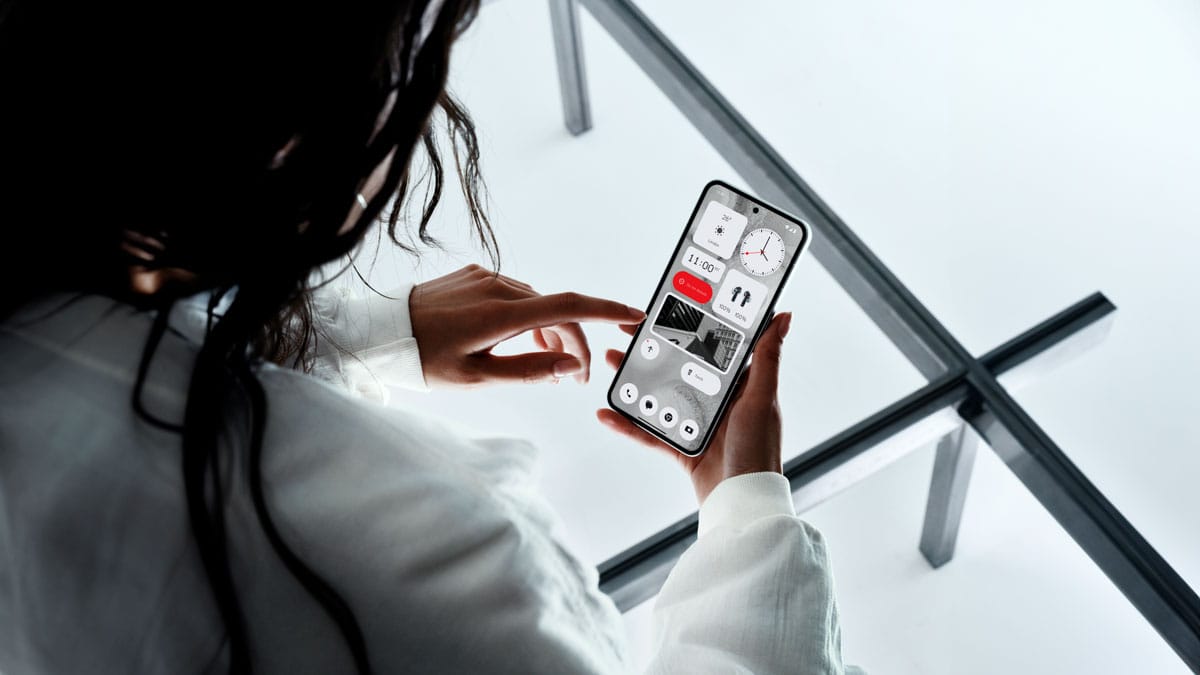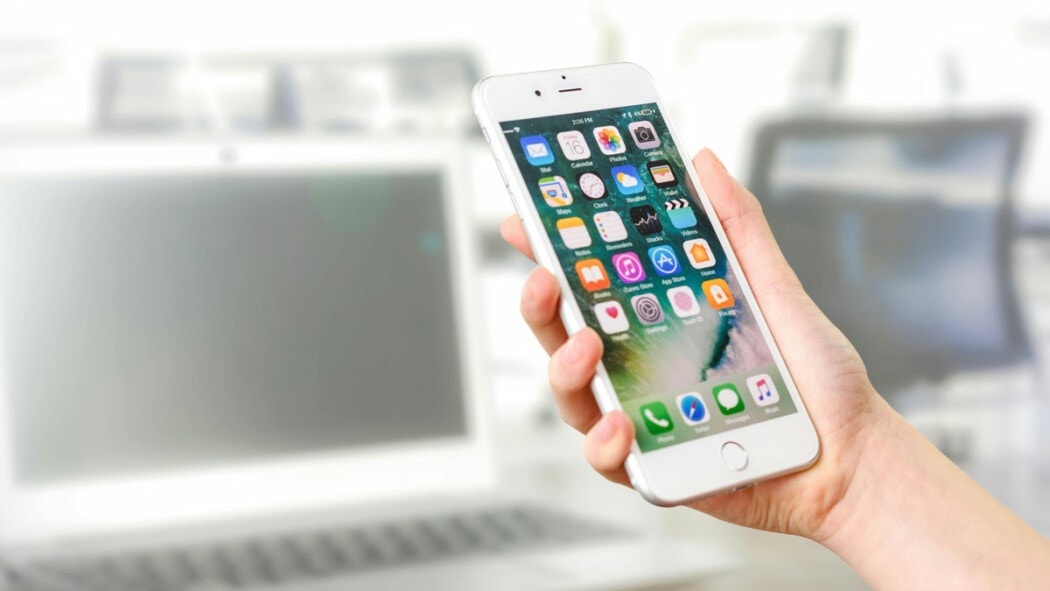In almost all cases, people accessed the internet via desktop or laptop in the first stage of the internet. Since then, however, a considerable change in internet usage has occurred. The rise of the smartphone and other handheld devices like tablets and smartwatches – not to mention smart TVs and other devices enabling online interactions – has revolutionised how we use the internet. So what has led to this change, exactly, and how do we use the internet differently today?
The rise of the smartphone

Credit: Pexels
READ MORE: The Night Agent Season 2 Casting News, Release Date, Plot & Everything You Need To Know
The stats say it all: while at the turn of the millennium, almost all internet usage came through either a laptop or desktop computer, today, approximately 55% of all website traffic comes from mobile devices. The huge popularity of smartphones, in particular, is clearly due to the rapid development of mobile technology. Today, most phones are incredibly fast, easy to use, and can perform a dazzling array of different functions.
The biggest advantage of smartphones, however, is the constant connectivity they can offer us. After all, a computer has to be switched on and set up and is usually cumbersome to carry around. A smartphone, on the other hand, fits neatly in your pocket, and within a matter of seconds, you can be carrying out any number of activities, from taking photos and chatting with friends to checking in to a hotel, researching an important project, or paying for your shopping.
Indeed, while many of us tend to use computers only for specific tasks, most people perform hundreds or even thousands of interactions on their smartphones on a daily basis. Indeed, a lot of the most popular apps, including Instagram, Snapchat, and WhatsApp, are also designed far more with mobiles in mind, and they’ve developed web versions so users can continue using them at work. There are also plenty of apps designed specifically to be used on the move, from Google Maps and Apple Pay to a wide range of travel applications.
A world of interactive entertainment

Credit: Nothing
READ MORE: When Will Invincible Season 3 Be Released On Prime Video?
There is a similar trend in entertainment, though here the spread of devices is a little wider. Television shows and films, for example, are more often consumed on smart TVs, tablets, and also laptops than on mobile phones. Similarly, most gamers still prefer the superior power, graphics, and sheer screen size offered by a console and monitor. Even so, there has been an upward trend in mobile use, with some gamers happy to exchange the power of consoles for the convenience and easy accessibility of a smartphone.
Smartphones are also increasingly the space where we follow and monitor events: news is read far more online today than in the past, and the constant connectivity of the smartphone has also helped accelerate the news cycle to the point where the biggest news stories can break on a global scale in a matter of minutes. Additionally, many banking and finance activities are more likely to be carried out via mobile rather than in person or on a computer.
It’s the same at sporting events, too. Every weekend, you can see countless football fans taking photos and videos of the action, keeping in touch with friends, and checking scores around the grounds. At the upcoming Cheltenham Festival, we can expect to see hordes of people checking out details of the race meeting on their smartphones, while at the Six Nations, rugby supporters will be doing everything from snapping selfies to checking replays in between watching the action on the pitch.
A matter of balance

Credit: Nothing
READ MORE: Wizards Of Waverly Place Reboot Release Date, Cast, Plot, Theories & Predictions
All of this is not to say, of course, that the computer is on the way out, to be replaced entirely by phones and tablets. What is likely, however, is that while many of us will still rely on our PCs or laptops for some leisure activities, they will have an increasingly functional role in work-related tasks or things that might require more prolonged, intricate interaction, such as writing documents, editing photos, or booking holidays.
We can also probably expect smart TVs and other devices to continue to play a prominent role in home entertainment, with smartwatches used for things like monitoring sporting activity. Thanks to their ease of use, greater accessibility, and versatility, however, we can expect tablets and especially smartphones to continue to be used for pretty much everything else. Until, of course, the next innovation comes along.
What do you make of this feature? We’d love to hear from you.















